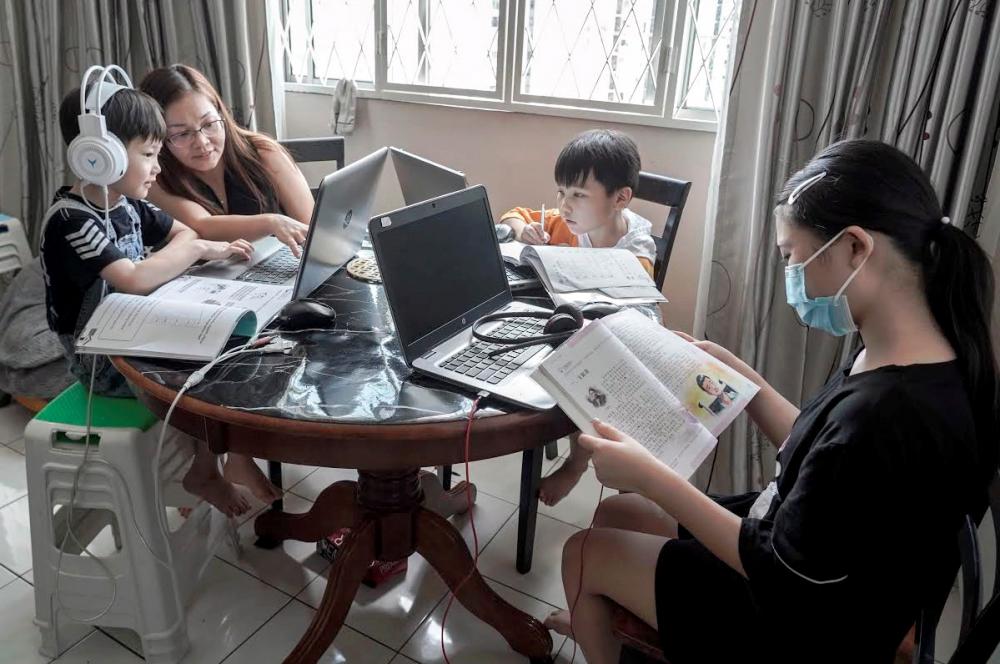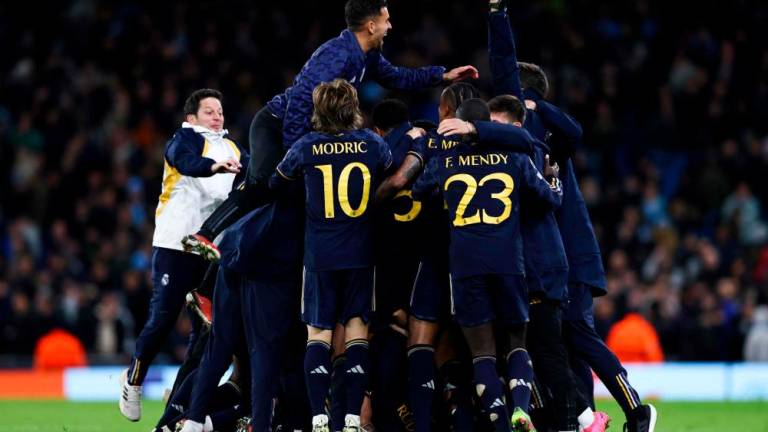PETALING JAYA: Twelve-year-old Nuraisya Mohd Zaimi longs to catch up with her friends at school again.
“It’s been almost two years since I last saw them,” she told theSun.
“We used to play squash together.”
Today, her indulgence in her favourite sport is confined to daily training on her own.
For seven-year-old Aishah Humairah Nor Hafiz, her pet hate is the face mask.
“I don’t like wearing it, even if it’s pretty,” she said.
To an adult, the children’s complaints may seem small, even trivial, but according to clinical psychologist Joel Low, they are signs of a more serious problem and that is the deep impact it has on their development.
Like adults, children yearn for the days when life was not restricted by social distancing and being forced to wear face masks, that are part of the standard operating procedures (SOP) necessary to curb the spread of Covid-19.
For children, Low said it is even harder to live with the “new normal”.
Face-to-face classes have been suspended for the better part of the last two years, a strategy to keep children safe.
They have been confined to their homes and following their lessons through a computer screen. Playtime with friends has been impossible.
The cutback of social interaction has a negative impact on a child’s development, according to Low, who is director of The Mind Psychological Services and Training, a stress management and cognitive behavioural therapy service provider.
“Children everywhere learn and experience the world through play and interacting with things and other people, especially their peers. Along the way, they learn different social rules of engagement, such as sharing, taking turns and more,” he explained.
Low said adults tend to give in to children and in the process create an artificial environment for them. In this environment, they would get everything they want.
He pointed out that as the lockdown forced everyone to interact through the virtual medium, children would form an attachment to technological devices.
“Life for them now centres on video calls and online classes. It will take some time for them to get back to the ‘old normal’ of being around people.”
He said the pandemic had not affected the children’s ability to socialise, but the way they do it.
“For instance, they could become used to speaking in bursts (like they do on text messages) and they would be easily distracted.”
Just like it is for adults, fatigue has also set in for children.
Nuraisya complained that she has not been able to engage in another of her favourite activity, which is going to the malls with friends.
“I’m tired of all the rules and regulations we have to observe. Thanks to the SOP, the only games I am allowed to play are outdoor games. That means being out there in the sun,” she said.
On the bright side, Low said children are resilient and given the time, space and opportunity, they would adapt easily.
Children who are old enough to remember what it was like before the pandemic would be the quickest to revert to the “old normal”, he added.
For children who started school under the hybrid system, such as Aishah Humairah and her nine-year-old brother Ashraf Mujahid, it has not been too difficult getting used to both face-to-face classes and online lessons.
“I like going to school and attending classes at home,” Ashraf Mujahid said.















